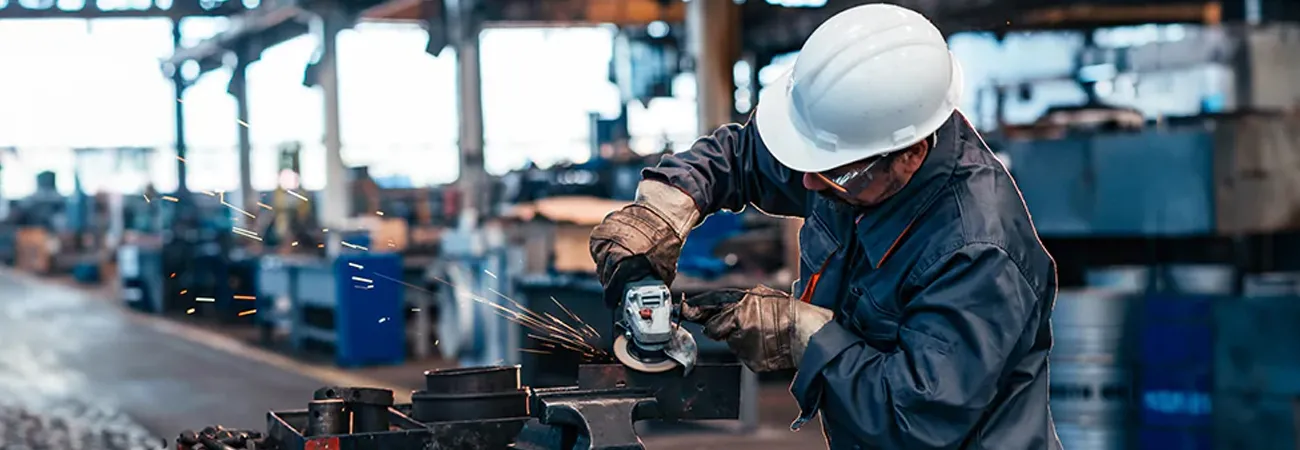i ECONOMY
Pakistan's industrial sector is now emerging as a key component of the country's economic recovery efforts, which is a significant development. Though it continues to face obstacles, new data shows an industrial landscape that is durable and revived, providing optimism for long-term economic growth. The Large-Scale Manufacturing (LSM) cycle frequently reflects the cyclical fluctuations in the major trading partners of the nation. Nevertheless, it is more erratic than the cyclical GDP component of Pakistan's main export markets due to its concentration on certain industries rather than the overall GDP. Despite this volatility, recent data suggests that things are headed in the right direction on the global and domestic fronts. On the domestic front, the industrial sector is rising above enduring obstacles and showing indications of revival. In November 2023, the LSM increased by 3.63% month-on-month and by 1.59% on an annual basis. These numbers highlight the industry's adaptability and receptivity to calculated actions.
To address this issue, the government is putting extensive policies into place in every area. The aim is to establish a favourable economic atmosphere that draws investments and promotes long-term, steady economic expansion. In addition to meeting the urgent demands for recovery, this strategic strategy is well-positioned to create the foundation for sustained resilience and success in a range of industries.
Talking to WealthPK, Madiha Faisal, a director at the Ministry of Industries and Production (MOI&P), said: "Recent developments in Pakistan's industrial sector demonstrate a praiseworthy attempt to overcome obstacles and seize chances for economic revival. Concentrating on focused initiatives, particularly in SMEs, is a calculated step that is in line with international best practices."
"But it's crucial to make sure that these actions are carried out in a way that benefits every industry. In addition to short-term recovery, sustainable growth necessitates a long-term strategy that promotes innovation, technology adoption, and capacity-building. A strong and resilient industrial environment can be paved over by strategic initiatives, as indicated by the cyclical patterns in the LSM data," said Madiha. She continued that the potential level reached by the cyclical LSM pattern for November highlights the revival of domestic industrial sector operations even more. "Nonetheless, the primary obstacle at hand is to enhance both the prospective output and the cyclical condition. This calls for encouraging investments that result in the economy's and the industrial sector's capacity extension."
Muzaffar Mehmood, Director of Marketing at MOI&P, said that globally, the state of economies in Pakistan's principal export markets was beginning to improve. "In these markets, the Composite Leading Indicator (CLI) has not only grown positively but also attained its potential. This suggests a positive external environment, which is essential for bolstering Pakistan's industrial performance and raising the possibility of higher demand for its products in international markets."
Mehmood said: "To effectively tackle the issue of boosting potential output, it is imperative to both secure and allocate capital strategically. It needs a sophisticated strategy to strike a balance between long-term capacity expansion and immediate recuperation. To improve the sector's overall competitiveness, the government should incorporate provisions for talent development, technical improvements, and sustainable practices in its comprehensive policies. The industrial landscape of Pakistan is at a critical point in time, and a well-executed plan will not only promote growth immediately but also position the country favourably in the international economic arena," he noted.
Credit: Independent News Pakistan (INP)








